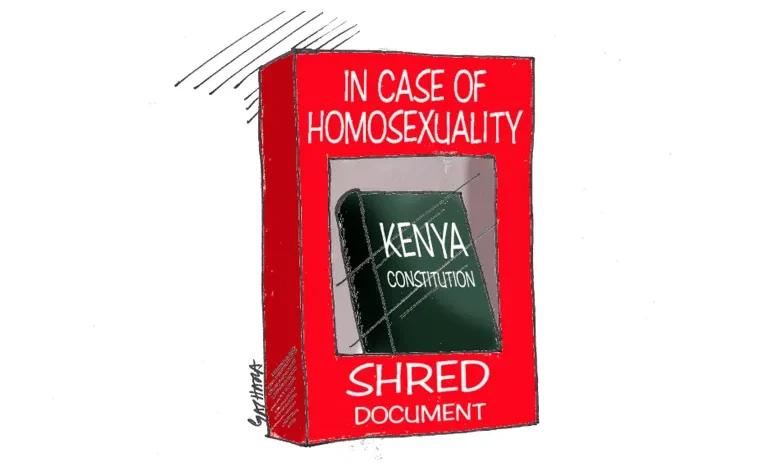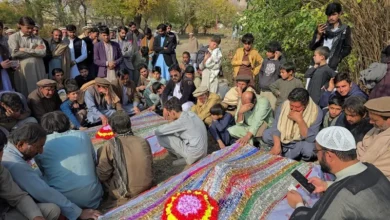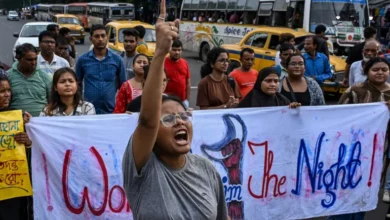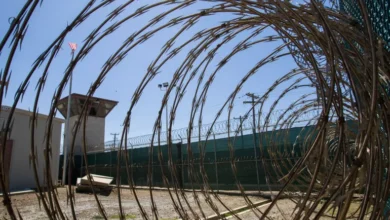How an LGBTQ court ruling sent Kenya into a moral panic
Patrick Gathara

Kenya is in the throes of a full-blown existential moral panic. If the country’s politicians, clergy, self-anointed defenders of “traditional culture” and media are to be believed, the long-dreaded gay zombie apocalypse is upon us, bringing hordes of insatiable homosexuals hungry for our children’s impressionable brains.
A February ruling by the Supreme Court that the constitution barred discrimination on the basis of sexual orientation has sparked weeks of hysterical breast-beating across the country, with many fearful that it could open Pandora’s closet and precipitate the end of civilisation as we know it.
Egged on by news anchors and editors keen to serve up drama and gore in an effort to retain audiences, everyone from President William Ruto to political pundits has been lining up to condemn the court for upholding verdicts by lower courts that the government could not lawfully refuse to register an organisation calling itself the National Gay and Lesbian Human Rights Commission (NGLHRC).
The jeremiads dominating the airwaves and social media proclaim this as the beginning of the end.
In an interview with one of the most-watched local TV stations, Citizen TV, Archbishop Jackson Ole Sapit of the Anglican Church of Kenya speculated – to approving noises from the anchors – that this was a sinister ploy by environmentalists to depopulate the globe in an effort to address climate change. The Ministry of Education has also announced that it is deploying chaplains to schools to prevent “infiltration” by the nefarious Western-backed LGBTQ brigade.
Meanwhile, during a parliamentary session, MP Joshua Kimilu condemned the decision of the court as violating Kenyan law and warned that Kenyan culture can “be ruined by the West”.At the heart of the national hatefest is the increasing visibility and assertiveness of the country’s sexual minorities. Long suppressed by colonial-era edicts that criminalised sex “against the order of nature” and Western ideas about “African culture” that engendered vicious homophobia, in recent decades, queer Kenyans have been pushing back, refusing to be forced back into the national closet.
This has included a push to have the British-imposed local versions of the 19th-century Indian Penal Code outlawing sexual acts “against the order of nature” – colonial code for homosexuality – struck out as contrary to Kenya’s 2010 constitution, the country’s first supreme law to be wholly drafted, negotiated and adopted by Kenyans.
The registration of the NGLHRC was one of two cases concerning LGBTQ rights that have been making their way through the courts. The reaction to the February ruling may actually be an effort to influence the second case, which more directly challenges the constitutionality of the sections of the penal code banning sex “against the order of nature”.
It is important to note, as upheld by both the High Court and the Supreme Court, and contrary to the assertions of some, that the arcane text of these laws does not actually criminalise homosexuality or homosexual relationships or even homosexual orientation.










